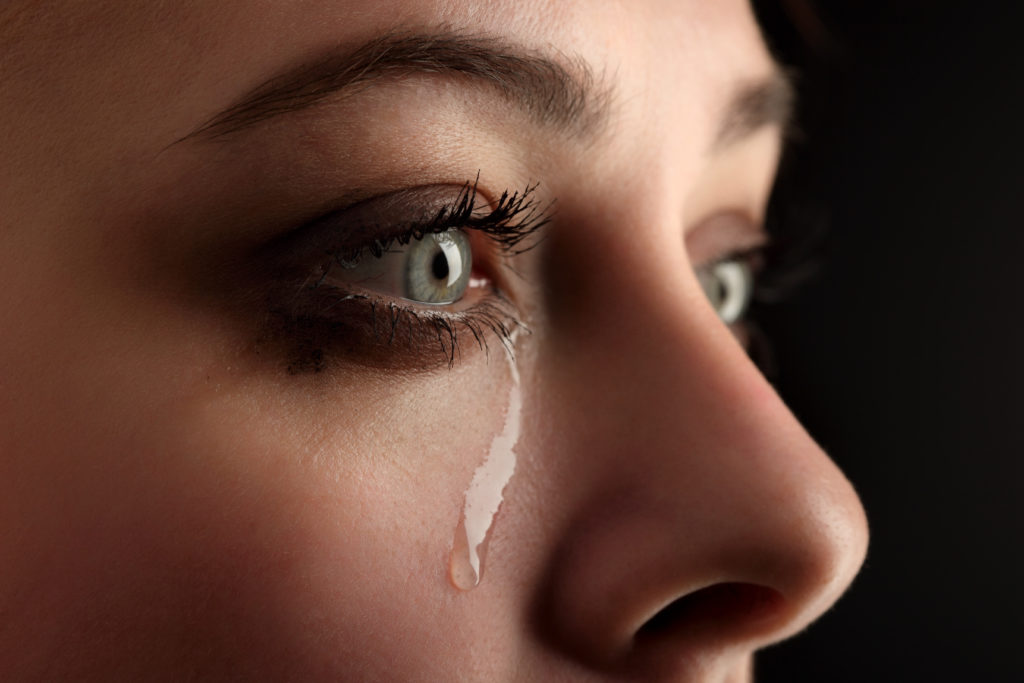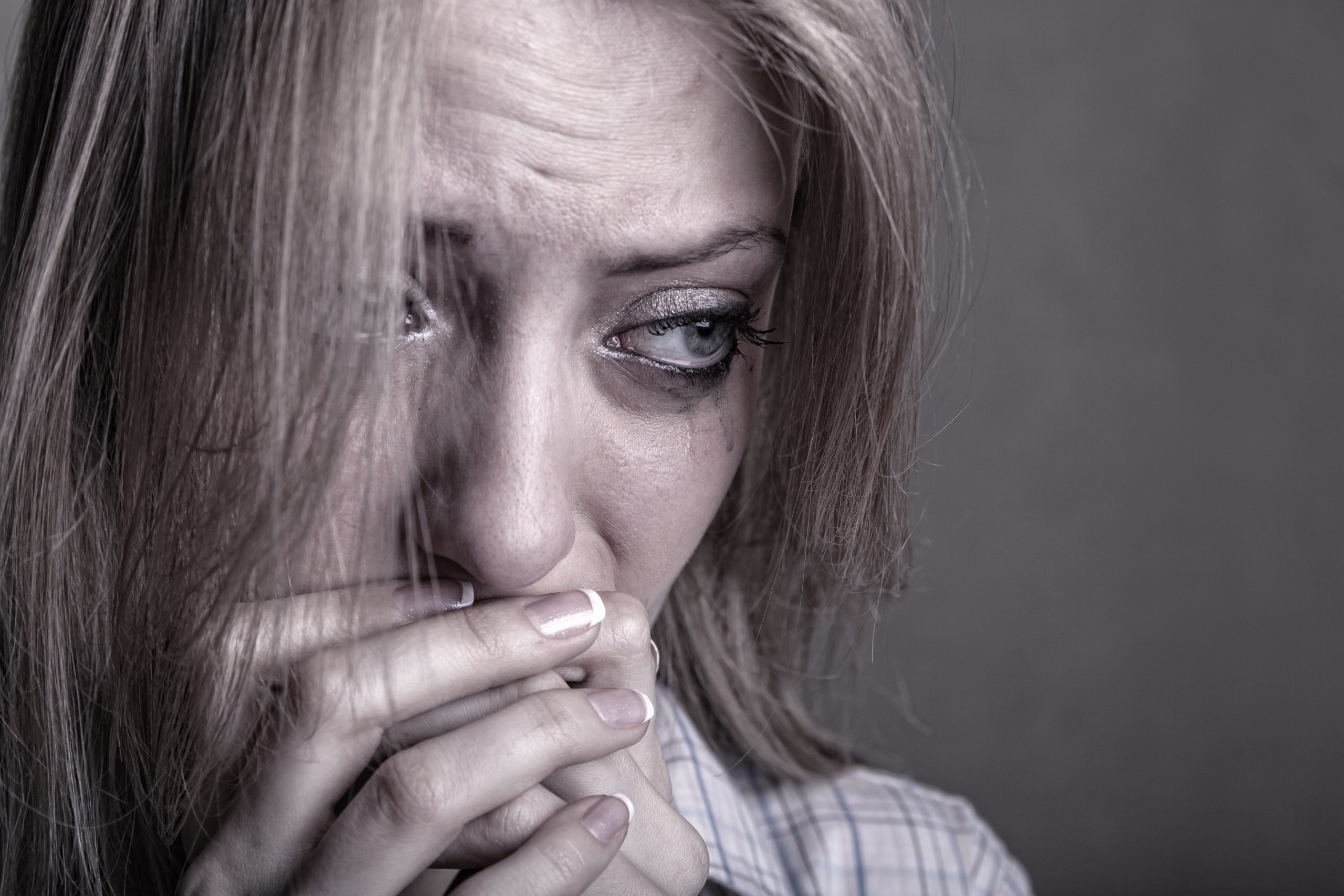- Unpacking Grief and Disability - July 8, 2024
- Breaking the Stigma: 5 Blogs to Better Understand Suicide - May 21, 2024
- 4 Tips for Better Sleep Hygiene - March 4, 2024
Grief recovery is a journey that every single individual in this world will come to experience at some point in their life. However, the implications of how to go about mourning and have a time of bereavement are not very often talked about in a public setting. This is especially the case for young adults experiencing grief. For those who have lost a family member or a friend early on in life, support and professional assistance is limited. A significant gap needs to be filled in this specific area of grief recovery because young people often struggle more deeply in grief than individuals who have weathered life a bit longer than them.
Every year, young people and teens experience the death of people they love and are close to. This can be earth-shattering for young people who have yet to establish the value of their self-worth and identity. When grief comes suddenly and unexpectedly, young people often have a tough time processing the death itself. Young adults are not immune to the loss of a loved one, as they too have to deal with parents passing away early on from an illness, losing a sibling due to an accident, or a friend who commits suicide. At our center of grief recovery, we often see five genuine and challenging struggles that young adults will have to deal with as their take on the road to their bereavement. Here they are with some details as to what you can expect:

1. Young Adults are Expected to Stay Strong
Unlike young children, teens and young adults are expected to have a certain level of maturity to them that makes them more resilient to grief and mourning. But, this cannot be further from the case as young adults are often in a phase of their life where they are trying to figure themselves out.
Just because young adults may not reach out for help during their grief recovery, does not mean that they do not need the support at all. It just says that it is more complicated in giving the young adult the care and support they need.
According to Psychology Today, it does not matter your age – bereavement and grief are very difficult to deal with, especially if the person is of significant influence in your life. Bereaved young adults often struggle with communicating their emotions during their grief recovery process. Emotional bonds that are broken during stages in which they are still forming as a result of death can be traumatic for young adults and teens. As such, it is essential to reach out and not set expectations over them in how they should grief.
2. Navigating Young Adulthood is Difficult in On Itself
We can all agree that young adulthood is probably one of the most challenging phases of growing up. Unlike children, whom we expect to be sensitive to how the world works, teens and young adults have left their childhoods but are still experiencing what it’s like to become independent. This developmental phase of their life leaves young adults very vulnerable to a massive change such as the loss of a loved one. Their security and sense of who they are can be very established by the relationships they have with the loved one that’s lost. If that sense of security is removed or threatened, young adults may feel that they have nowhere to turn to.
After a loss, the bereaving young adult now has the challenges of navigating through the mental, psychological, and emotional stresses of early adulthood along with mourning for their loss. The sense of where they belong in this world is often confusing, and their development of adolescence may be stunted due to the loss. In essence, the meaning of their loss and the meaning of life as a result of going through their loss can be troublesome to find.
3. There Are Little to No Support for Grief Recovery for Young Adults
At our Grief Recovery Center, we do provide professional support for clients who are mourning a loss. However, it is not often that we treat a teenager or young adult. Studies, in general, are showing that specific support for young adults may be lacking. There is a widespread misconception that young adults may not need as much help as do the elderly or young children because of the assumption that young adults often have a vast and supportive network through their family and friends.
In reality, young adults often receive the same, if not less professional support because there is the social expectation that they will find assistance on their own. Young adults and teens often find their grief recovery journey to be lonely and troublesome because they are expected to hold their own and be a support to the rest of their family members. The responsibility is insurmountable because they are expected to now take on the weight of another individual or several other individuals within the family because of their age.
4. Existing Conflicts in Relationships with Friends and Family
As a teen or young adult, communication is often a challenge to their families while they are trying to establish their independence and resolve conflicts both externally with others and internally within themselves.
During adolescence, the goal of a young adult is to form an identity apart from other members of the family unit and from their peers. When a loss occurs, the young adult may feel guilt and shame during their grief recovery due to their lack of a relationship or communication with the one that lost. They may have a difficult time seeking help as well because of the existing conflicts in the relationships they still have with the people they love. Emotionally, they are caught in between the expectations to mourn on their own, and their need for others. It is vital during this vulnerable stage of grief to reach out to a young adult.
5. Social Isolation Heavily Influences Young Adult’s Grief Recovery
Some studies suggest that many young adults grief and mourn alone, increasing risks of social isolation over a period of time. Be it the lack of support groups, feeling afraid of being stigmatized or made fun of, or just a general need to be left alone to understand their feelings; young adults experience their losses without the proper support they need to have a healthy grief recovery.
Read: 10 Ways to Help a Child Cope with Grief Through the Holidays

The lack of research on how young adults access services and professional assistance is also problematic. It is crucial that we identify and provide adequate support for young adults in bereavement, especially if we see psychological, emotional, relational, and even physical changes in them.
What Can You Do to Help?
To help our young adults during this challenging journey of grief recovery, it is essential to recognize the signs of unhealthy ways of grieving and mourning. If you are uncertain, you can contact our counselor at the Grief Recovery Center in Houston, TX for more info today.





Hello and thanks from a provider in New York State. I found your material very substantive and its focus on the young adult population. New York is too far away from Texas, but your linkage in the information you provided is a help. The person I am working with does have a complicated experience that includes the loss of an older brother and a recent loss of a best friend. I plan to follow your website and the material you have to offer. Out of respect to your organization, I am copying/pasting the website I am currently on for my client. Again, thanks, and the best to you and your organization. David Maurice, LCSWR; rejoycepeople.com